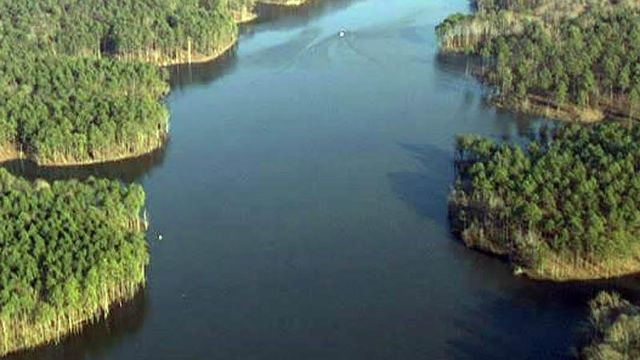State orders Raleigh to redo drought plan
State officials have notified 12 municipal water systems, including Raleigh's, that their water-shortage response plans are insufficient to respond to the worst levels of drought.
Posted — UpdatedThe state Division of Water Resources sent letters Friday to the water systems to alert them to revise their plans and resubmit them to the agency for approval. The other 11 water systems notified are in western North Carolina.
Dale Crisp, Raleigh's public utilities director, disagreed with the state's assessment about the effectiveness of the city's drought plan.
"What's worse than the worst drought in recorded weather history?" Crisp said. "We didn't run out of water. The city didn't come close to running out of water."
State officials said Raleigh's plan doesn't say how people will be notified to conserve water in a water emergency or who will implement the plan.
"We've been implementing (the plan). Maybe where we fell short is telling them what we have been doing," Crisp said.
The 2008 drought law requires that, if a system’s plan for reducing water use is deemed inadequate, the system must implement the state’s default water conservation measures within 10 days of an extreme drought declaration.
No part of North Carolina is currently under extreme drought conditions, so no water systems are required to implement water-conservation measures.
Doug Chapman, a member of the state's Green Industry Council, which represents landscapers and nursery owners, said he would like to see changes to the city's emergency water plan.
"You shouldn't have to turn the spigot off. What you have to do is manage," Chapman said.
Educating homeowners about how and when to water could reduce the need to implement tough water restrictions like those Raleigh put in place in late 2007, he said.
"Most landscapes are over-watered by up to 300 percent," he said.
The Division of Water Resources also approved response plans for 11 water systems, including those for Whispering Pines in Moore County and Carolina Trace near Sanford.
The drought law was enacted during the state’s worst drought on record to improve response to water emergencies. The parts of the law devoted to the water-shortage response plans are aimed at protecting water supplies from running out during times of serious drought.
• Credits
Copyright 2024 by Capitol Broadcasting Company. All rights reserved. This material may not be published, broadcast, rewritten or redistributed.






